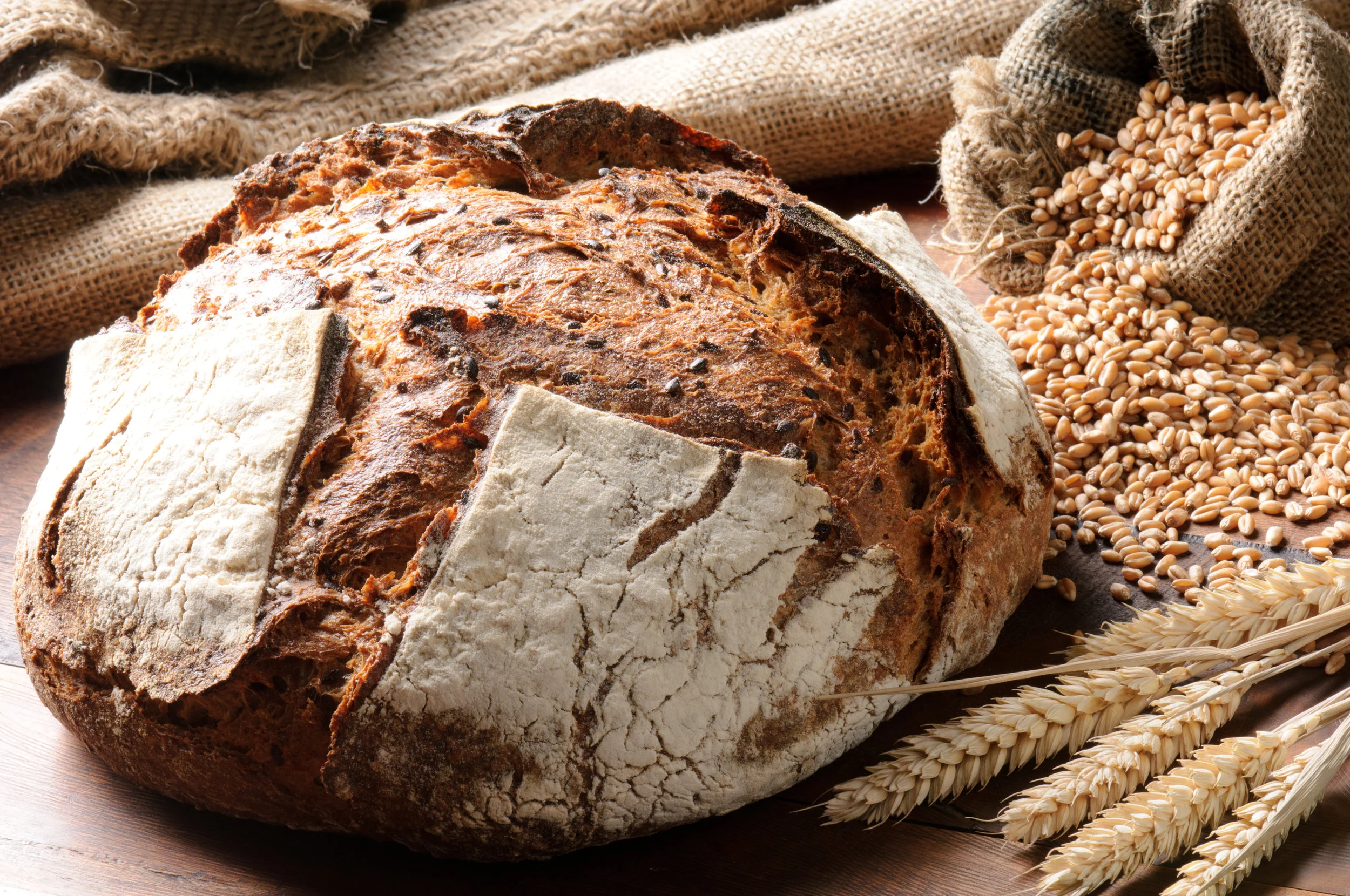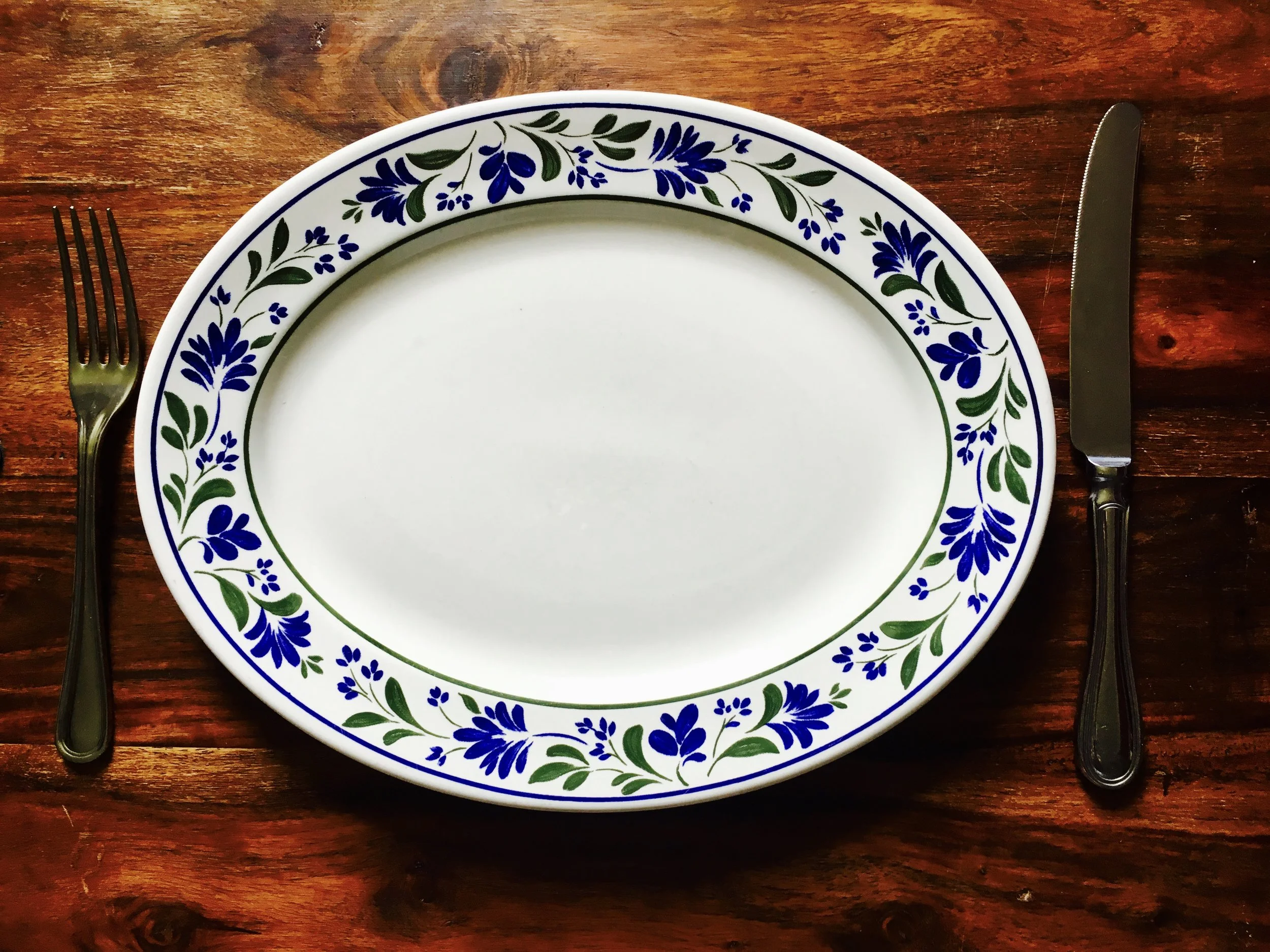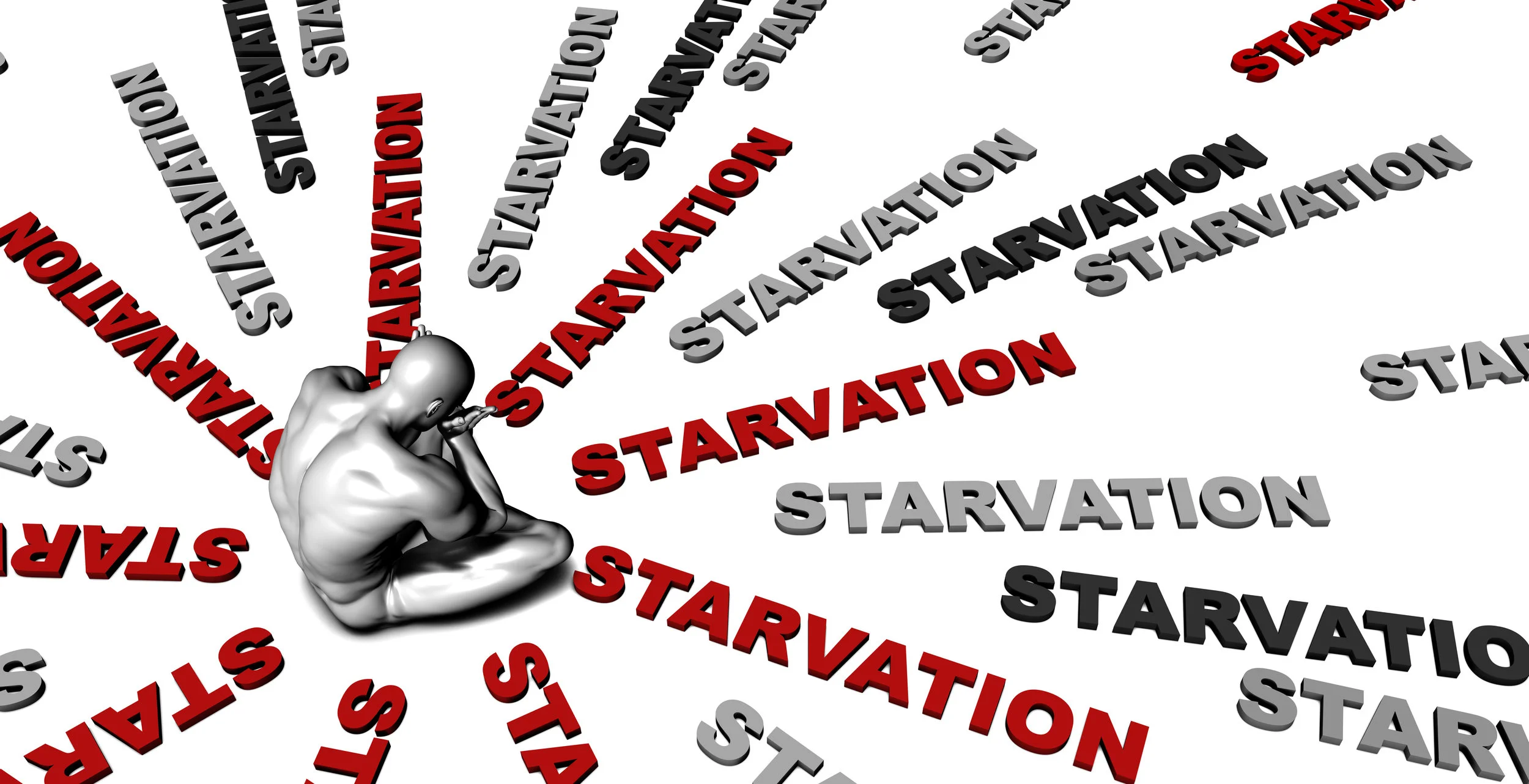Until the introduction of agriculture, roughly 10,000 years ago, grains were virtually non-existent in the human diet. Since that time, the cultivation of wheat has literally served as an anchor for the expansion of civilisation as we know it. In Roman times, wheat was the primary fuel used to power the Roman army and every man in the republic was entitled to a wheat dole equivalent to 3,000-3,500 calories a day.(1) Bread has been considered “the staff of life” since biblical times (“give us this day our daily bread”) and today it is one of the most widely consumed staple foods in the world. So can something so pivotal to human civilisation actually be bad for us?
Can you do without? - The latest on Fasting
With the festive season behind us some of us may be carrying a few more pounds than we were during our summer holidays. The run up to Christmas can be a minefield of overindulgence. According to the British Dietetics Association the average person consumes 6,000 calories (kcal) on Christmas day itself and it’s not uncommon for people to average an extra 500kcal per day throughout the holiday period, amounting to a potential weight gain of 5lbs by the time January rolls around.(1)
Starvation Mode - unravelling facts from fiction
Human beings did not evolve on three square meals a day. As hunter-gatherers we ate what we could find when we could find it. We used considerable energy to obtain food and as it wasn’t always accessible, we developed a dynamic metabolism that enables us to survive extended periods without eating. However, in today’s developed world with food never far from reach, we don’t often put our ancient metabolism to the test and we treat momentary hunger as something to be crushed, urgently.




